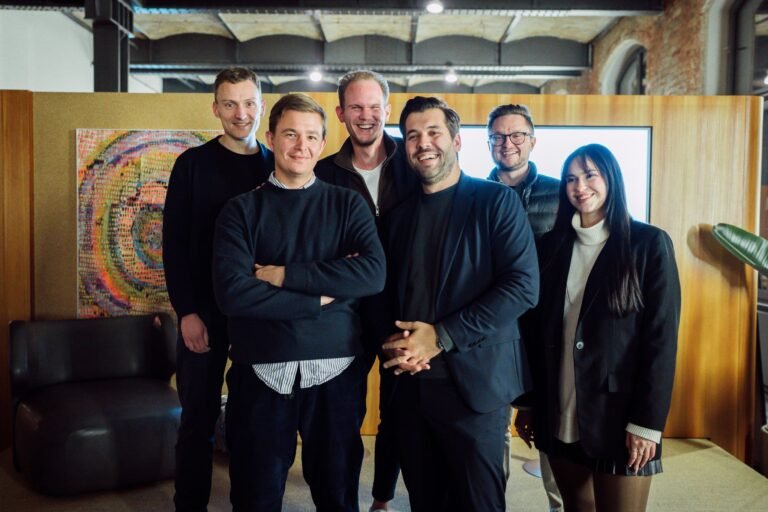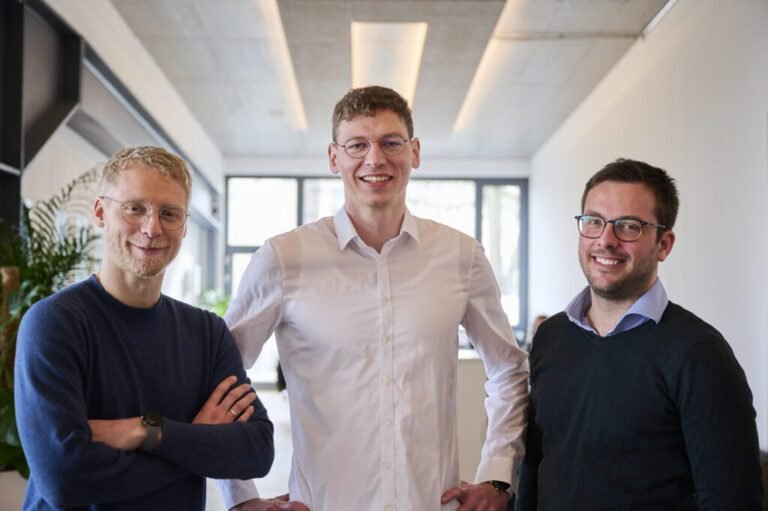Trending Article
The Future of Quantum Computing: Potential and Applications
Quantum computing is poised to revolutionize our technological landscape, promising capabilities that could outpace even the most powerful supercomputers. Yet, as with many cutting-edge technologies, we are still in the early stages of realizing its full potential. Despite significant investments from major tech companies and startups alike, practical applications remain on the horizon. So, what exactly can we expect quantum computers to accomplish in the future, and why are experts convinced that their impact will be transformative?

A Brief History of Quantum Computing
The concept of quantum computing has been around since the 1980s, emerging from the intersection of computer science and quantum mechanics. Theoretical groundwork laid by pioneers like Richard Feynman and David Deutsch highlighted how quantum systems could process information in fundamentally different ways compared to classical computers. Fast forward to today, and we’ve seen substantial progress, with various tech giants, including Google and IBM, making significant investments in building quantum processing units (QPUs).
As we move forward, the sheer potential of quantum computing is rooted in its ability to solve complex problems that are currently beyond the reach of classical computing technologies. Theoretical models suggest that quantum computers could tackle challenges in fields such as chemistry, physics, materials science, and machine learning—areas where traditional computational methods often fall short.
Understanding Qubits: The Building Blocks of Quantum Computers
At the heart of every quantum computer lies the qubit, or quantum bit. Unlike a classical bit, which can exist in one of two states (0 or 1), a qubit can exist in a state of superposition, representing both 0 and 1 simultaneously. This unique property is what grants quantum computers their remarkable computational power.
Qubits can be implemented using various technologies, including superconducting circuits, trapped ions, or even photons. Currently, the most advanced quantum computers have just crossed the 1,000 qubit threshold, but many devices are still operating with only tens or hundreds of qubits. The sensitivity of qubits to external factors, such as temperature fluctuations and electromagnetic interference, leads to a higher error rate compared to classical components. As a result, it remains challenging to run large quantum algorithms reliably.
The Current State of Quantum Computing
While today’s quantum computers may seem limited, they serve a critical role in the ongoing development of the technology. As William Oliver, director of the Center for Quantum Engineering at MIT, explains, these machines are primarily used to learn how to improve quantum computing itself. Researchers utilize current systems to explore quantum error-correction techniques and to test novel quantum algorithms, laying the groundwork for future advancements.
Fault-tolerant quantum computing, once a distant goal, is now becoming more achievable thanks to recent breakthroughs. Companies like QuEra, Quantinuum, and Google have demonstrated the generation of logical qubits that function reliably. Scaling up to the thousands or millions of qubits necessary for solving practical problems will require continued engineering efforts and innovation.
Quantum Computing’s Game-Changing Potential
The true power of quantum computing lies in its ability to leverage the principles of quantum mechanics, particularly through phenomena like superposition and entanglement. These properties enable quantum computers to explore multiple potential solutions to a problem simultaneously, enhancing their ability to identify the correct answer efficiently.
For instance, as Oliver explains, quantum algorithms can suppress incorrect answers while enhancing correct ones. This ability to manipulate probabilities and explore vast solution spaces makes quantum computers particularly well-suited for certain complex tasks.
Simulating Quantum Systems
One of the most promising applications for quantum computing is in simulating physical systems governed by quantum mechanics. Classical computers struggle to model such systems effectively due to the inherent complexities involved. Quantum computers, however, operate on the same principles that govern these systems, making them ideal for simulating the behavior of molecules, materials, and more.
This capability could lead to breakthroughs in various fields. In chemistry, for instance, quantum simulations could provide insights into molecular interactions, helping researchers develop new catalysts or pharmaceuticals. In materials science, quantum computers could facilitate the design of advanced materials with specific properties, such as improved superconductors or more efficient batteries.
Addressing Encryption Challenges
While the potential benefits of quantum computing are exciting, there are also significant risks associated with the technology. A well-known application of quantum computing is its ability to break widely used encryption schemes. Peter Shor’s algorithm, developed in 1994, demonstrates how a sufficiently powerful quantum computer could factor large numbers exponentially faster than classical computers, threatening the security of much of today’s internet.
Fortunately, researchers are already working on countermeasures. The U.S. National Institute of Standards and Technology (NIST) has developed new “post-quantum” encryption standards designed to withstand quantum attacks, paving the way for more secure communications in a quantum future.
Emerging Applications of Quantum Computing
Beyond the immediate applications in simulation and encryption, the potential uses of quantum computing extend into several emerging areas, although many of these applications remain speculative.
Optimization Problems
One area where quantum computing shows promise is in optimization. Many real-world challenges can be framed as optimization problems, where the goal is to find the best solution from a multitude of possibilities. This could range from optimizing traffic flow in urban areas to determining the most efficient delivery routes for logistics companies.
However, despite the theoretical advantages, many current quantum optimization algorithms provide only modest speed-ups over classical algorithms. The slower operation of quantum hardware compared to classical electronics means that the potential benefits can diminish in practical applications.
Database Searching and Machine Learning
Quantum computing also holds potential for searching large databases and conducting machine learning tasks. While these applications are still in their infancy, the ability to analyze vast datasets for meaningful patterns could revolutionize fields like finance, healthcare, and artificial intelligence.
Yet, challenges remain. Translating classical data into quantum states for processing is a complex task that can negate any speed advantages. The field is still exploring how to harness quantum algorithms effectively to maximize their utility in these areas.
The Quest for Quantum Algorithms
The development of quantum algorithms is an active area of research, with many scientists working to identify smaller mathematical procedures—referred to as “primitives”—that can be combined to address larger problems. This foundational work is critical for building effective quantum algorithms and unlocking the technology’s full potential.
As Oliver points out, understanding how to construct quantum algorithms and identifying key program elements will shape the future of quantum computing. It is essential for companies investing in this technology to focus on solving more generic problems before branching into specific applications.
The Road Ahead
The journey toward practical quantum computing is fraught with challenges, yet the potential rewards are immense. As we continue to make strides in building larger, more reliable quantum processors, the landscape of computing may shift dramatically.
The ongoing research and investment in quantum technologies are likely to yield breakthroughs that could reshape industries and drive innovation across sectors. From revolutionizing pharmaceuticals to transforming optimization processes, the impact of quantum computing will extend far beyond the realm of theoretical possibilities.












Pingback: Waymo Raises $5.6 Billion In Series C, Valuation $45 Billion